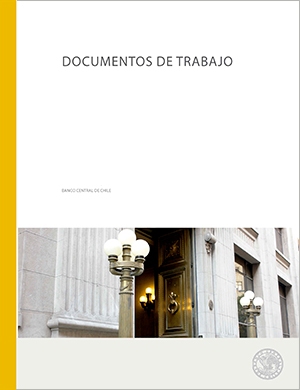Working Papers N° 280: U.S. Trade Preferences: All are not Created Equal
Publications
Working Papers N° 280: U.S. Trade Preferences: All are not Created Equal
Autor: Çaglar Özden , Daniel Lederman
Description
The United States imports around 25% of its merchandise under some form of preferential trade agreement. This paper examines the relative impacts of these programs on the value of imports from different trading partners. We address four technical but policy-relevant issues: (1) We consider not only country eligibility in assessing impact of various programs, but also the extent of utilization of these programs, which depends on the relevant rules of origin and other compliance costs. (2) Trade preferences are granted for non-economic motivations that are correlated with variables included in gravity models. We provide new estimates that control for this potential source of selection bias. (3) We provide new estimates of the impact of transport and transactions costs beyond distance. (4) Finally, we control the censoring of trade flows at zero which tends to bias estimates of key coefficients in gravity models. In the standard gravity estimation, we find that beneficiaries of these preferences, except the GSP, export between 2-3 times more than the excluded countries. However, these levels go down considerably when utilization ratios and selection biases are taken into account. These results are robust to the various estimation techniques as well as endogenous treatment and Heckman-selection estimates that control for the selection biases mentioned above.
Working Papers N° 280: U.S. Trade Preferences: All are not Created Equal
Boxes and graphics

